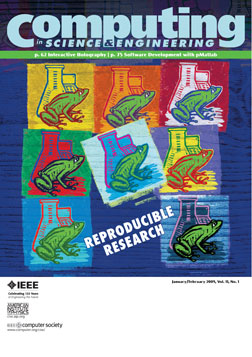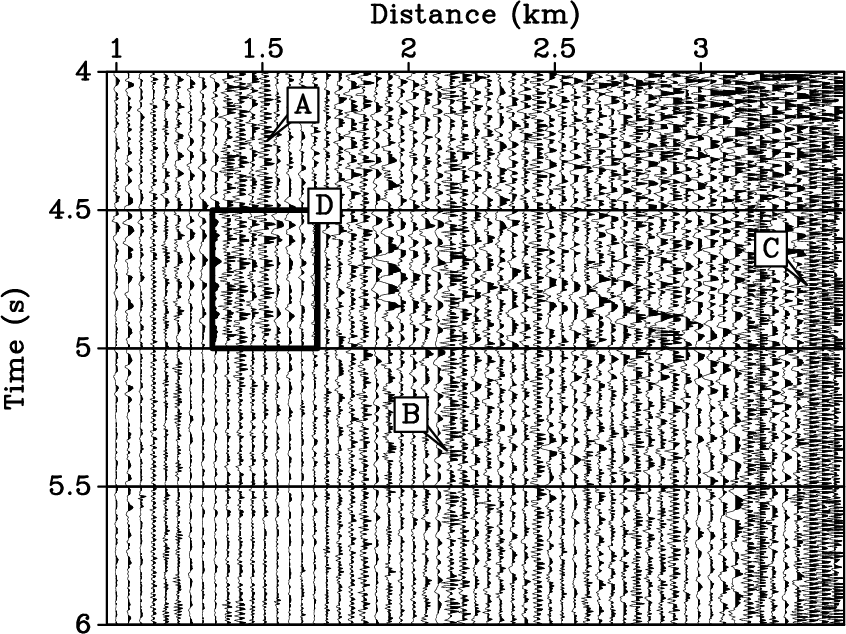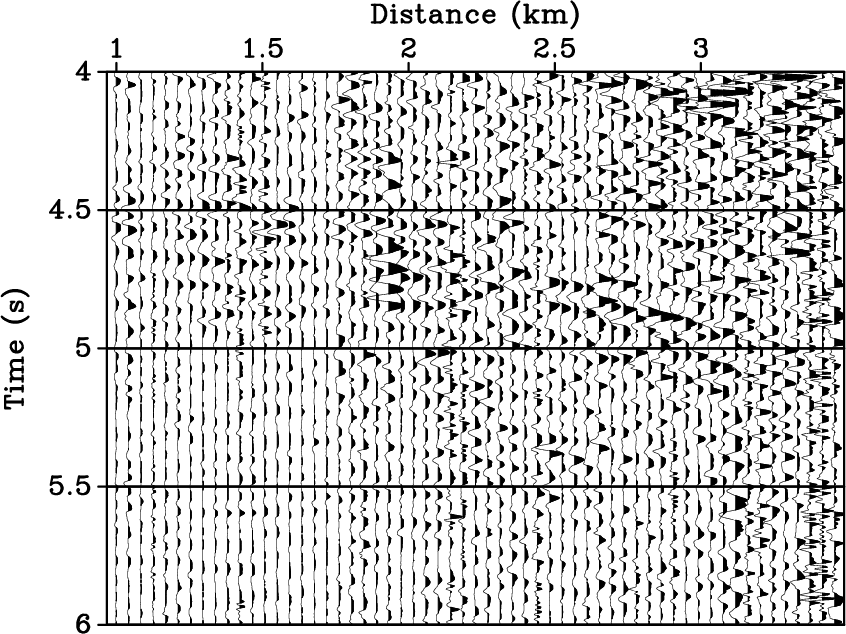The madagascar event of the year is the School on Reproducible Computational Geophysics, which will be hosted by the Delft University of Technology on June 12-13, right after the EAGE meeting in Amsterdam. Attendance is free but registration is required. To register, send a free-form email to rsfschool@gmail.com.
Tutorial on wavefield seismic imaging
February 26, 2009 Documentation No comments
The February 2009 issue of The Leading Edge contains a tutorial Overview and classification of wavefield seismic imaging methods by Paul Sava and Steve Hill, with examples created in Madagascar. See Paul Sava’s Wavefield Seismic Imaging page for more information.

What are the most popular programs in Madagascar?
February 8, 2009 FAQ No comments
In reverse order, the 10 most popular programs in Madagascar are:
10. sftransp Transpose two axes in a dataset (used in 83 projects)
9. sfadd Add, multiply, or divide RSF datasets (used in 92 projects)
8. sfgraph Graph plot (used in 99 projects)
7. sfspike Generate simple data: spikes, boxes, planes, constants (used in 109 projects)
6. sfcat Concatenate datasets (used in 110 projects)
5. sfput Input parameters into a header (used in 118 projects)
4. sfmath Mathematical operations on data files (used in 143 projects)
3. sfdd Convert between different formats (used in 163 projects)
2. sfwindow Window a portion of a dataset (used in 216 projects)
1. sfgrey Generate raster plot (used in 260 projects)
More documentation on these and other programs – in Guide to Madagascar programs.
The three most popular programs in the “generic” category (signal processing programs applicable to any kind of data) are sffft1 (Fast Fourier Transform along the first axis), sfnoise (Add random noise to the data), and sfsmooth (Multi-dimensional triangle smoothing).
The three most popular programs in the “seismic” category (signal processing programs applicable to seismic data) are sfmutter (Muting), sfricker1 (Convolution with a Ricker wavelet), and sfsegyread (Convert a SEG-Y or SU dataset to RSF).
Here is a simple Python script that extracts the popularity information:
#!/usr/bin/env python
from rsfdoc import progs
import rsfprog
def nuses(p):
‘how many times a program is used’
n=0
uses = progs[p].uses
for book in uses.keys():
for chapter in uses[book].keys():
n = n + len(uses[book][chapter])
return n
programs = progs.keys()
programs.sort(lambda x,y: nuses(y)-nuses(x))
for prog in programs:
print ‘%s is used in %d projects’ % (prog,nuses(prog))
Time-lapse image registration
February 7, 2009 Documentation No comments
A new paper is added to the collection of reproducible documents:
Time-lapse image registration using the local similarity attribute

Flow builder
January 30, 2009 Systems No comments
Madagascar flow builder in OpendTect (picture courtesy of Bert Bril)

R in New York Times
January 10, 2009 Systems No comments
Nice article in the New York Times about the R project. R and Bioconductor are great examples of successful open-source scientific communities, dedicated to free software and computational reproducibility. We can use them as models and possibly look for ways to integrate.
Reproducible Research in CiSE
January 6, 2009 Celebration No comments
Madagascar gets mentioned in the special issue on reproducible research of Computing in Science & Engineering.

1D time-varying median filter
January 6, 2009 Documentation No comments
A new paper is added to the collection of reproducible documents:
A 1D time-varying median ï¬lter for seismic random, spike-like noise elimination


Adaptive multiple subtraction
January 2, 2009 Documentation No comments
A new paper is added to the collection of reproducible documents:
Adaptive multiple subtraction using regularized nonstationary regression

madagascar-0.9.7
January 2, 2009 Celebration No comments
A new stable release of madagascar is another step toward the first non-beta version (madagascar-1.0). It features new reproducible papers and other improvements. The total number of downloads for all stable versions has reached 4,000.